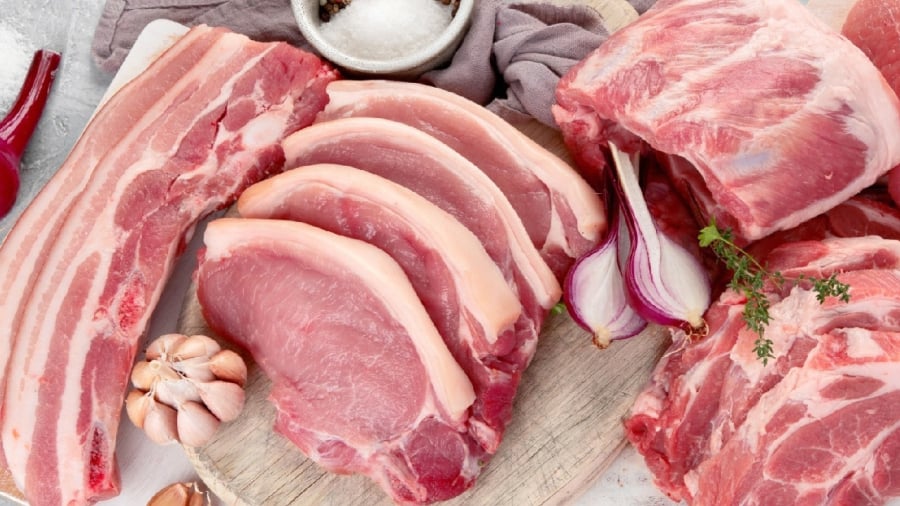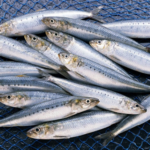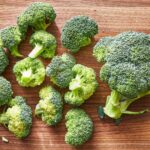Nutritional Value of Pork
Pork is an excellent source of protein and provides all nine essential amino acids necessary for the body’s growth and development. Different cuts of pork will offer varying nutritional values, so depending on your dietary needs and preferences, you can choose the right cut to prepare delicious meals.
According to nutritionists, the iron present in pork enhances energy production and improves the absorption of other essential nutrients in the body.

Pork is a nutrient-rich food commonly featured in family meals.
Pork also contains zinc, a mineral that boosts the immune system, enhances resistance, and helps fight off various ailments.
Additionally, pork is rich in antioxidants, which are beneficial for the skin, eyes, nervous system, bones, and cognitive functions.
However, not everyone should consume pork regularly.
5 Groups of People Who Should Limit Their Pork Intake
– Overweight or Obese Individuals
While those who are overweight or obese can still eat pork, they should opt for lean cuts and avoid fatty pork. Lean pork is a good source of protein, whereas fatty pork is high in fat and can contribute to weight gain. Consuming excessive fatty pork may also increase the risk of high cholesterol and cardiovascular issues.
– People with Kidney Stones
Individuals with kidney stones are advised to limit their pork consumption due to its high protein content, which can elevate oxalate levels in urine and accelerate kidney stone formation.

Certain health conditions warrant a reduction in pork consumption.
– People with High Blood Fat Levels
High blood fat, or dyslipidemia, is a condition characterized by elevated cholesterol and triglyceride levels in the blood. As this condition is challenging to cure completely, individuals with dyslipidemia should regulate their diet to lower blood fat levels and prevent the condition from worsening. It is advisable to limit the consumption of fatty and processed meats like ham, bacon, and sausages. A daily intake of 140 grams of lean pork is recommended for those with this condition.
– Gout Patients
Gout is a metabolic disorder associated with dietary habits, and pork, being high in protein, should be consumed in moderation by gout patients. To manage the condition, individuals with gout need to adjust their diet to reduce uric acid synthesis and enhance its excretion through the kidneys.
Gout patients are advised not to exceed 100 grams of pork per day, as higher amounts will increase protein intake, leading to elevated uric acid levels in the blood and the formation of urate or uric acid crystals, resulting in painful swelling and potential joint deformation over time.
– People with High Blood Pressure
Individuals with hypertension should limit their pork intake as it is high in saturated fat, which is not conducive to blood pressure regulation and cardiovascular health.
The Ultimate Skin Saviors: 5 Foods to Fight Wrinkles
“When it comes to keeping wrinkles at bay and slowing down the aging process, certain foods stand out as nutritional powerhouses. Green vegetables such as broccoli, leafy greens like spinach, and antioxidant-rich berries, especially blueberries, are nature’s anti-aging warriors. These superfoods pack a punch when it comes to nourishing your skin and keeping it looking youthful and radiant.”



































